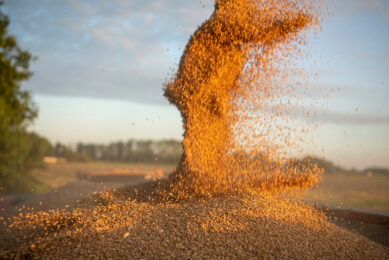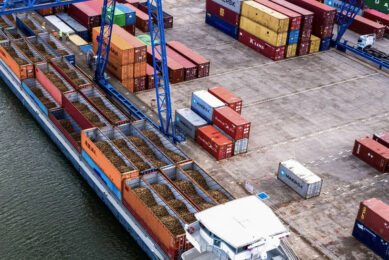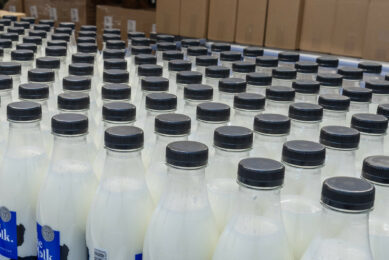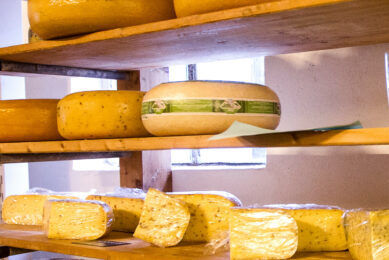Free trade deal with Australia upsets UK farm unions

A free trade deal agreed between the UK and Australia has been described as ‘one-sided and damaging’ by the National Farmers’ Union (NFU).
The deal, agreed provisionally in June, was finally signed on Friday 17 December and, according to the UK government, will unlock £10.4 billion of additional trade.
But the NFU said the removal of trade protection – some with immediate effect – would provide British farmers with very little. Minette Batters, NFU president: “When it comes to agriculture, Australians have achieved all they have asked and British farmers are left wondering what has been secured for them.”
Batters said despite assurances to the dairy, sugar, beef and lamb sectors of some level of protection, “we will see full liberalisation of dairy after just 6 years, sugar after 8 years and beef and lamb after 15 years.”
Difficult to discern
She went on to say that it was difficult to discern anything in the deal that would allow the UK to control imports of food produced below the standards legally required of British farmers, for instance on land deforested for cattle production or systems that rely on the transport of live animals in a way that would be illegal there.
“Ultimately this deal simply serves to heap further pressures on farm businesses at a time when they are facing extraordinary inflationary pressure and sustained labour shortages, an issue the entire food supply chain agreed needed urgent actions at a cross-sector summit earlier this week.”
Michael Oakes, NFU dairy board chairman, said earlier this year the deal would set a precedence for other trade talks, such as with New Zealand.
“New Zealand is a serious dairy exporter – 95% of the approximately 21 billion litres of milk they produce a year is exported to 130 countries around the world, and they definitely have eyes on our market. And unlike Australia, where there is at least some opportunity for us to export there, New Zealand has a population of less than 5 million and is around 90% self-sufficient in dairy – so there won’t be much in it for us.”
Link between beef and dairy sectors
The other big issue for the dairy sector in the UK was beef – the fortunes of the dairy market are massively impacted by the performance of the beef market to underpin cull cow values, calf prices and stores.
“We have also made massive strides recently with the industry-led GB Calf Strategy which aims to ensure that every calf born on a dairy farm has a good market and is reared with care. The prospect of our beef market being put under extra pressure, just as we are building up these new outlets for dairy bred calves, is very concerning,” he said.
Sustainable farming
Other factors that have concerned the union include the continued use of Geographical Indicators, which Australia opposes, to provide extra protection for specific products, such as West Country Farmhouse Cheese or Yorkshire Wensleydale.
Vicki Hird, head of sustainable farming at Sustain, said the deal betrayed consumers, farmers and the environment. She highlighted that Australian farmers still used feedlots, battery cages and sow stalls, hormones and antibiotics and licenced almost double the number of ‘highly hazardous’ pesticides as the UK.
The UK government said the deal was also a gateway into the fast-growing Indo-Pacific region and will boost the UK’s bid to join the Comprehensive and Progressive Agreement for Trans-Pacific Partnership (CPTPP), one of the largest free-trade areas in the world, covering £8.4 trillion of GDP and 11 Pacific nations from Australia to Mexico.










